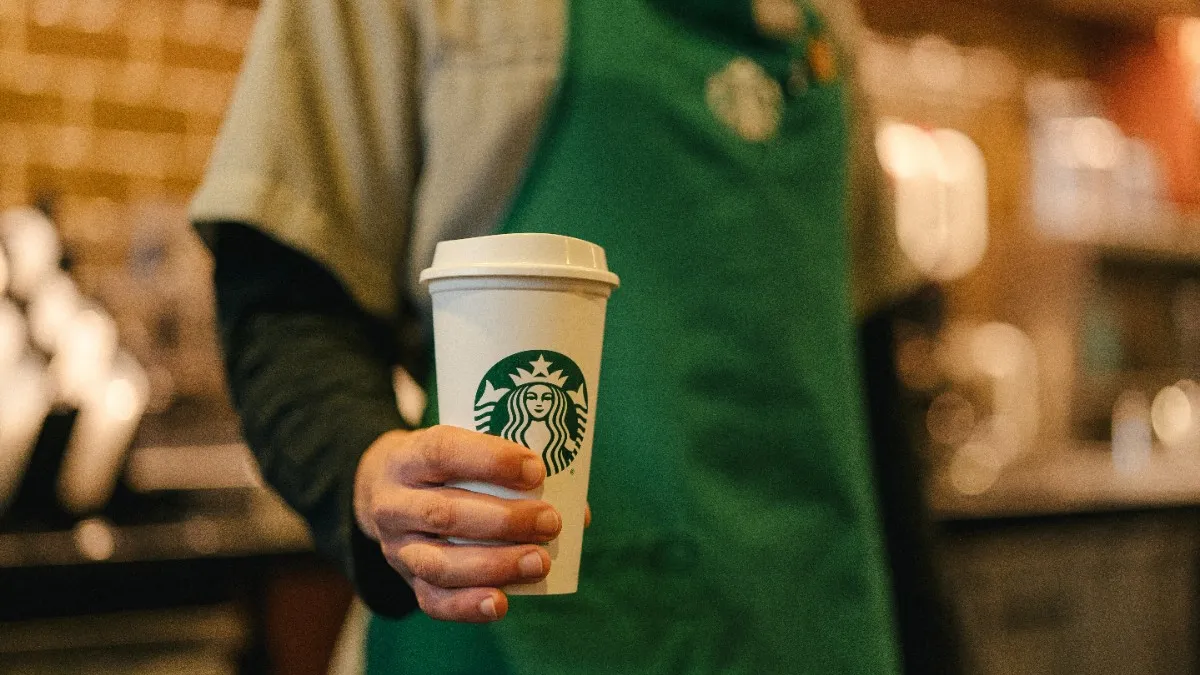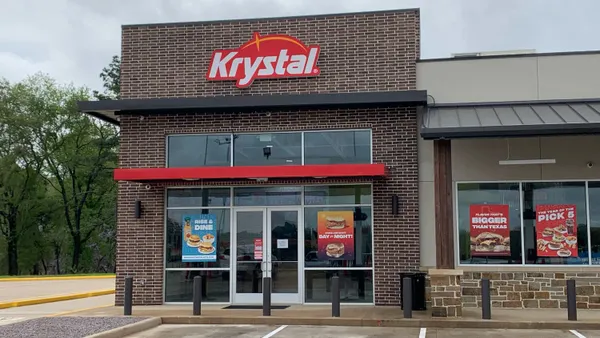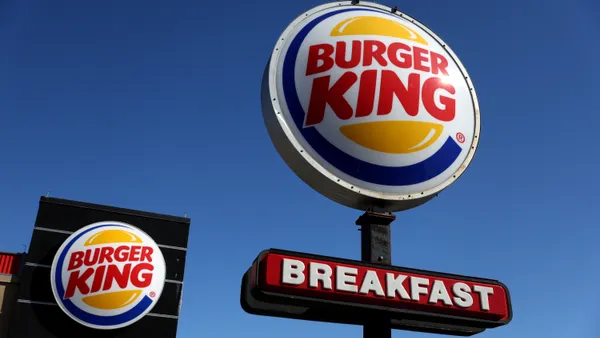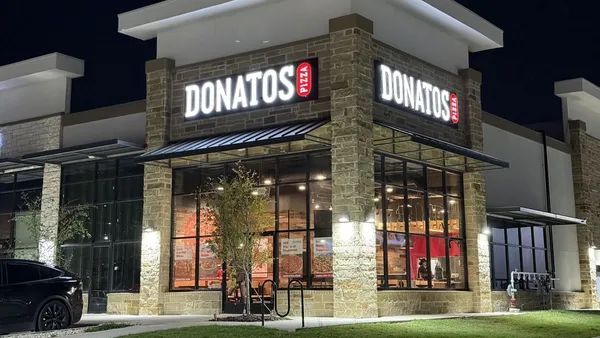Dive Brief:
- While Starbucks will maintain regular operations across the U.S. and Canada following the COVID-19 outbreak, its stores are preparing to modify operations with options that will allow it to continue serving food and beverages, CEO Kevin Johnson said in a letter to customers on Thursday.
- “This means that as we navigate this dynamic situation community-by-community and store-by-store, we may adapt the store experience by limiting seating to improve social distancing, enable mobile order-only scenarios for pickup via the Starbucks App or delivery via Uber Eats, or in some cases only the Drive Thru will be open,” he said in the letter.
- Starbucks will close a store as a last resort if it feels like it is in the best interest of customers and employees or if the company is directed to do so by government authorities, he said, adding that the company expects store disruption to be temporary.
Dive Insight:
Following the outbreak of the novel coronavirus in China, Starbucks closed over 2,000 stores in late January, but have since opened over 90% of its stores, Johnson said in the letter. Any disruption to its stores in the U.S. will be dramatic, but likely not long-lasting given that it will still try and offer mobile orders if the situation escalates. Starbucks closed a Reserve store in Seattle for a few days last week after a staff member contracted COVID-19 and was quarantined, but this closure was very brief.
Starbucks has over 18,000 units in its Americas division, which made up $5 billion in revenue, the bulk of its earnings, during its fiscal Q1 2020. Its same-store sales increased 6% during this quarter as well so any significant closures domestically will heavily impact earnings.
While China only represents 10% of Starbucks’ global business, the losses have already been significant with comp sales down 78% in February due to the temporary closures, losses that could be over $400 million.
Starbucks' ability to offer mobile-only orders or keep only drive-thrus open will also help stave any losses. The fact that it is instituting social distancing measures could also bode well for panicked consumers who may feel slightly safer going to a Starbucks. In China, it instituted more extensive safety measures, including introducing its "Contactless Starbucks Experience," sanitizing cafes, mandating temperature checks for its staff and checking customer’s temperatures and limiting seats for diners. Many of these measures could be rolled out elsewhere, a real possibility given the rapid spread of the virus.















